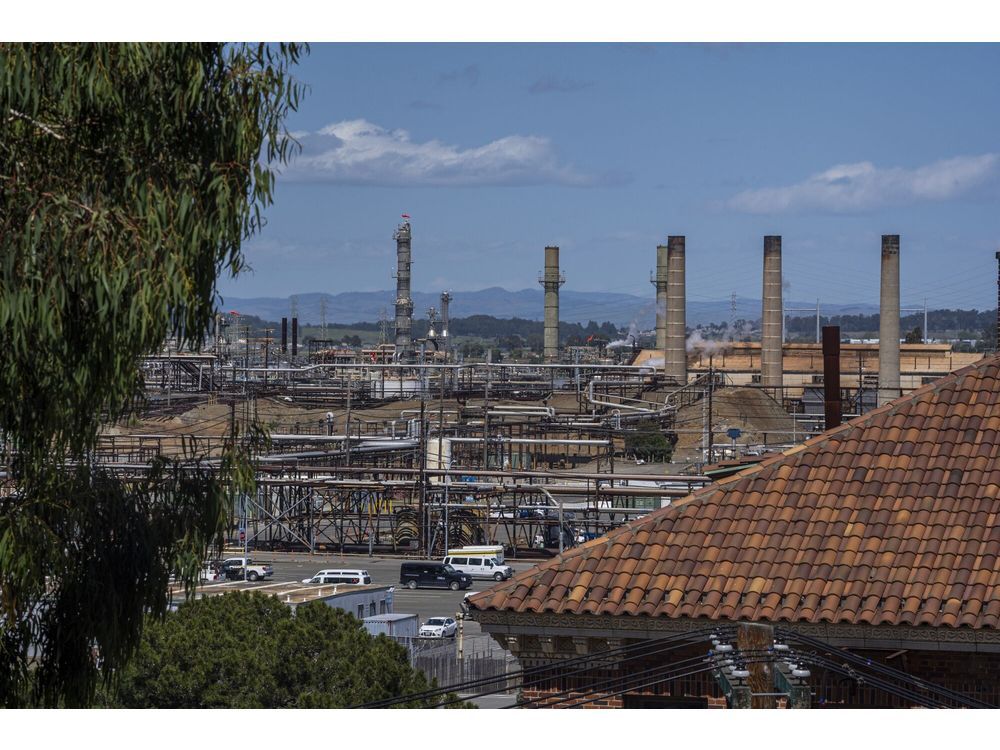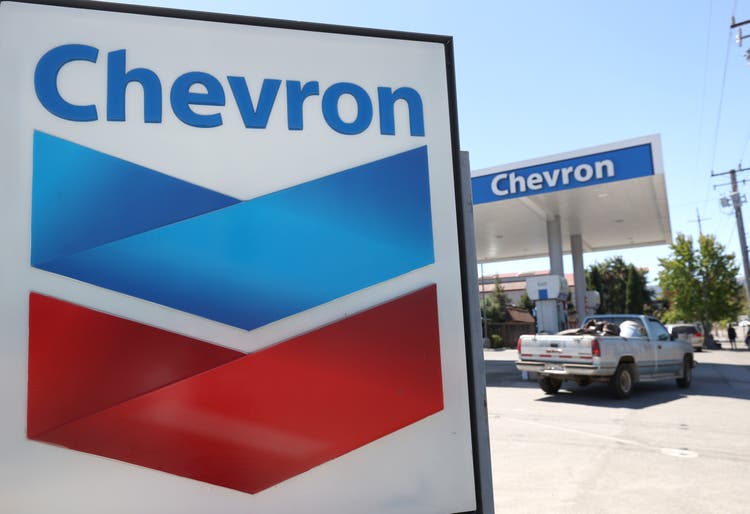
California's climate policies are playing a dangerous game with gasoline prices, according to Chevron Corp. The state has the highest penetration of electric vehicles but is still the country's second-largest consumer of gasoline. This is due in part to California's toughest low-carbon fuel standards that encourage refineries to convert from petroleum to renewable diesel, reducing gasoline supply and pushing up prices. In 2023, California drivers paid an average of $4.94 per gallon of gasoline in the final three months, about $1.72 above the national average and the highest quarterly premium on record.


